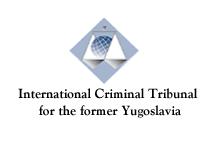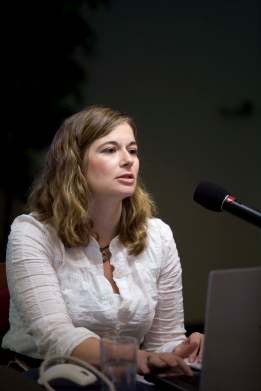Jelena Subotic, a political scientist and Associate Professor at Georgia State University spoke about the current crisis of legitimacy of the international criminal tribunal of former Yugoslavia. Is this a moment that we can rethink the focus of individual criminal accountability for perpetrators? Or is this an opportunity to think in a broader scale? Most of the war crimes were created in Bosnia & Herzegovina.
She discussed the background of the former Yugoslavia and the International Criminal Tribunal of the former Yugoslavia (ICTY). It was created in 1993 by the UN Security Council and had jurisdiction over crimes against humanity, genocide, and war crimes in the former Yugoslavia. It has international judges and all trials are to be concluded by 2016. She shows statistical images to give us the sense of the people whom are processed through the tribunal, which are only 161 individuals. Since November 2012, there has been an epidemic of acquittals. She posed the question of where all the war criminals went? She brought up four different leaders that were initially convicted, whom have caused much war crimes and torture, but all acquitted: Anton Gotovina, Ramush Haradinaj, Momcilo Perisic, and Jovica Stanisic.
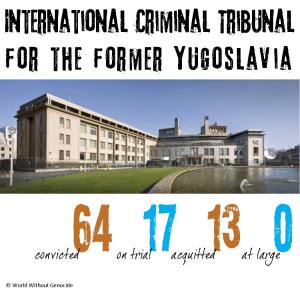 Why do we care? She mentions that it’s the political fallout that impacts the population the most. This causes massive protests against acquittals that leave unresolved emotions towards the population. This is giving a hardening of the narrative that justice isn’t being served within all four prosecuted leaders. People no longer accept the legitimacy of the court since all that have been prosecuted, simply got acquitted. Widespread disillusionment in the human rights community became prevalent. Bosnian victims who are supposed to be the principal constituency of the trial become disappointed and they realize that there is a legitimacy problem. Abuse of process allows for a large space for domestic elites offering narrow institutional compliance while denying substantial responsibility for past human rights violations.
Why do we care? She mentions that it’s the political fallout that impacts the population the most. This causes massive protests against acquittals that leave unresolved emotions towards the population. This is giving a hardening of the narrative that justice isn’t being served within all four prosecuted leaders. People no longer accept the legitimacy of the court since all that have been prosecuted, simply got acquitted. Widespread disillusionment in the human rights community became prevalent. Bosnian victims who are supposed to be the principal constituency of the trial become disappointed and they realize that there is a legitimacy problem. Abuse of process allows for a large space for domestic elites offering narrow institutional compliance while denying substantial responsibility for past human rights violations.
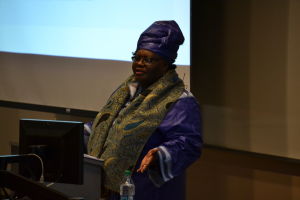
SPIA Diplomat in Residence Professor Henrietta Mensa-Bonsu, Director, Legon Centre for International Affairs & Diplomacy
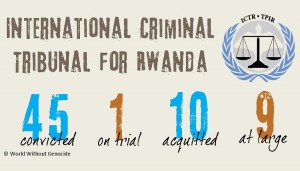 She believes that this current crisis has led to very unstable environments and will continue so long as they prosecute individuals to reconcile the different ethnic groups. This lack of accountability will cause further unrest. I agree with her, and fostering peace and reconciliation in this region will eventually lead by example to neighboring countries that attempt to foster peace as well. This is a very important concept for our global community to take in, especially since many of those who were victims of such crimes need some form of reconciliation or feel that “justice” has been served.
She believes that this current crisis has led to very unstable environments and will continue so long as they prosecute individuals to reconcile the different ethnic groups. This lack of accountability will cause further unrest. I agree with her, and fostering peace and reconciliation in this region will eventually lead by example to neighboring countries that attempt to foster peace as well. This is a very important concept for our global community to take in, especially since many of those who were victims of such crimes need some form of reconciliation or feel that “justice” has been served.
A couple of weeks ago, Diplomat for the School of Public and International Affairs also gave a lecture, answering difficult questions about fostering the peace that Subotic referred to. Alternatively, Henrietta Mensa-Bonsu said there are no easy answers but the best course to find for post-conflict countries is to consider truth commissions. Mensa-Bonsu defined it as “inquiries concerning the physical actions, root causes and societal consequences of the human rights violations performed by the leader in question.” Mensa-Bonsu offers this as a solution, although she acknowledges isn’t perfect, to be the closest we’ve found to sustain some form of peace or accepting some form of past accountability regardless if the individuals that are acquitted or prosecuted.
